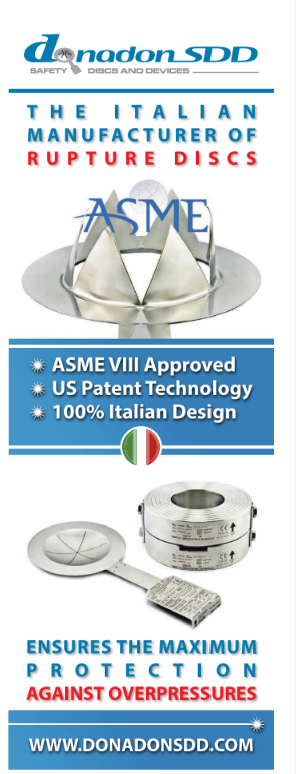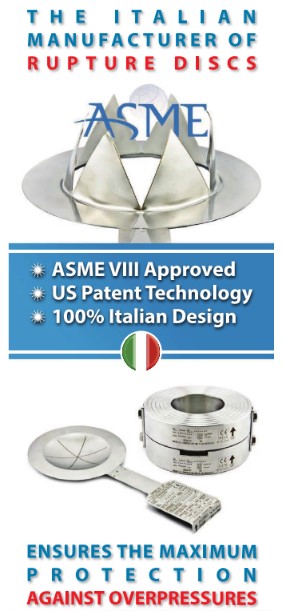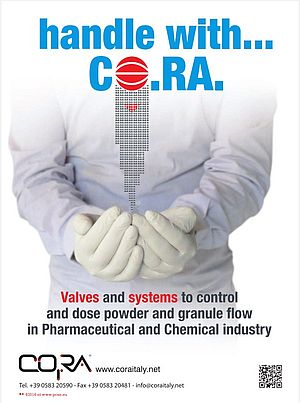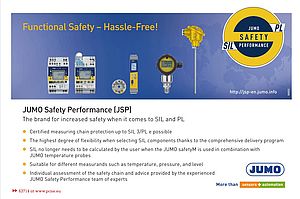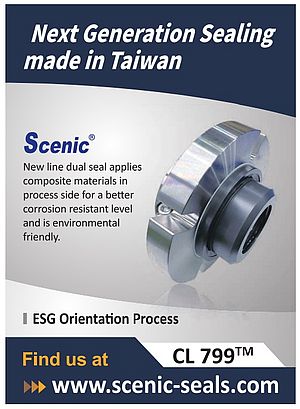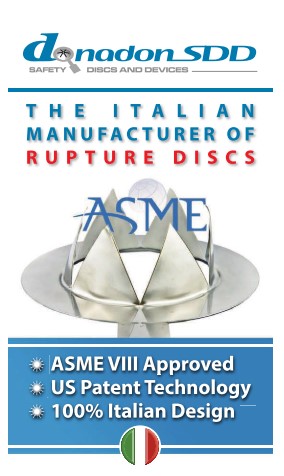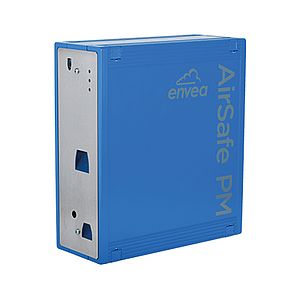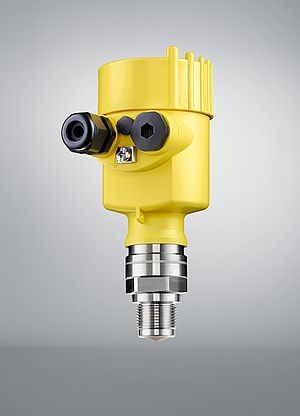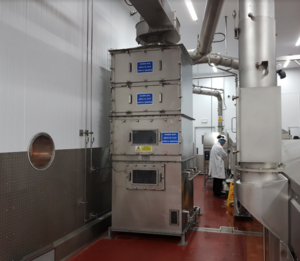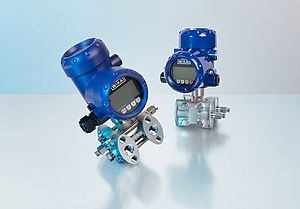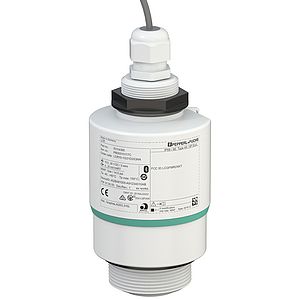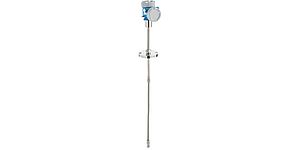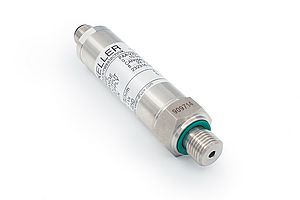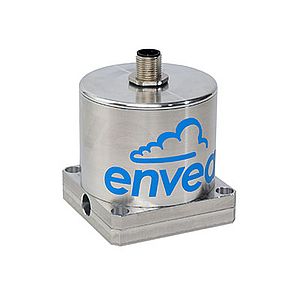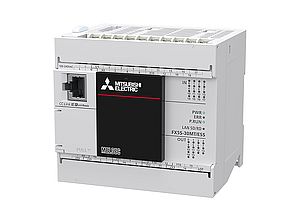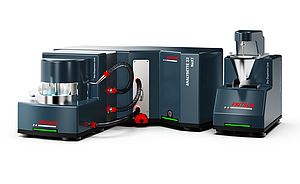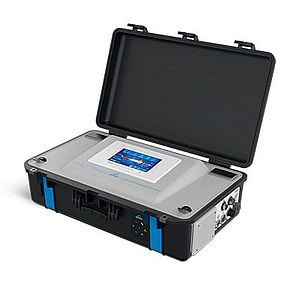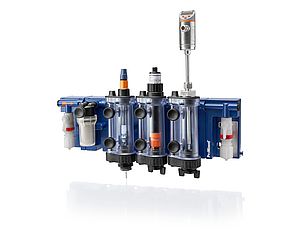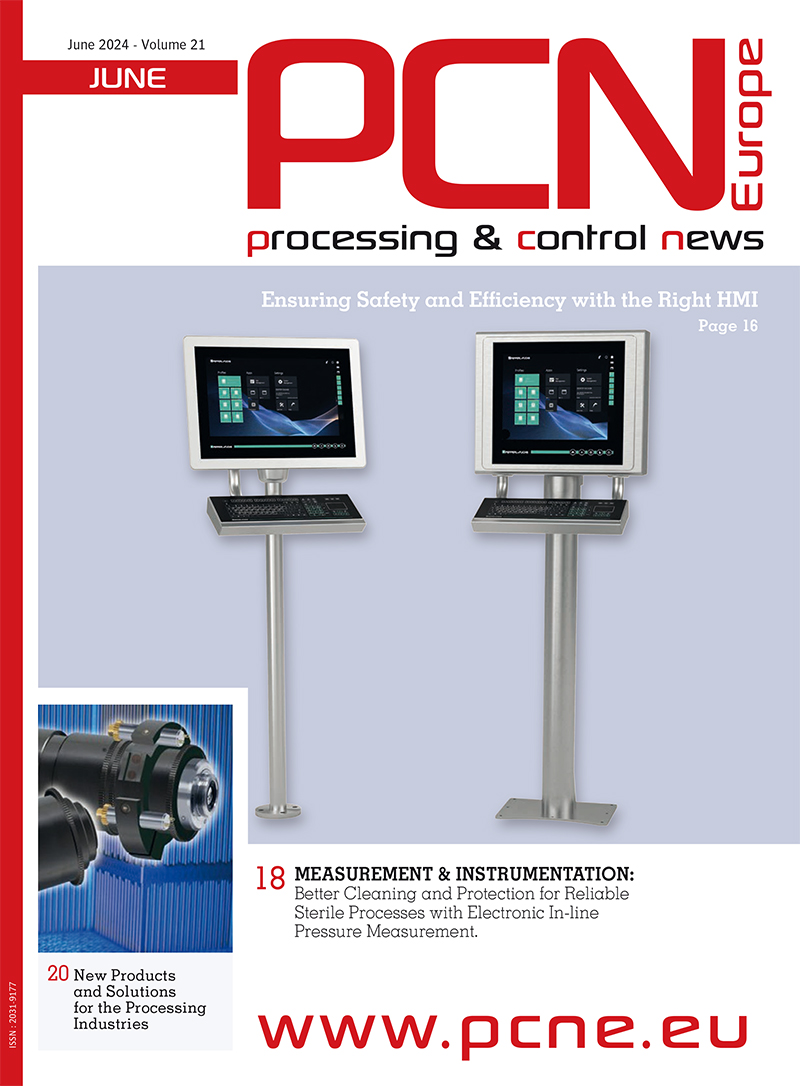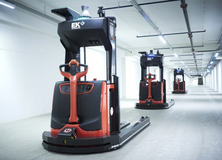The development of electronic media is taking a toll on pulp makers and processors. Be it a newspaper or handkerchief, book or bank note – paper has always been part of every human’s daily life. Yet the development of electronic media will have a great impact on the role of paper. As a consequence, increasingly less graphic paper will be produced. In times of online commerce, the industry can however place its hopes on packaging paper. The pulp and paper industry thus remains of interest for valve makers, despite difficulties in the print sector.
Heterogeneous developments
Valve makers are also taking note of the heterogeneous developments. „Packing papers and tissue will grow“, confirms Bedo Coc, CEO of Flowtec Industrietechnik. The Austrian distributor of pulp and paper technology and industrial valves sees sinking volumes of paper made for print media.
Statistical analysis confirm Flowtec‘s view: from January to October 2011, the volume of graphic paper contracted by 3,3 percent to 8,14 million tons, compared to 2010. In total, the total minus is 1 percent – the total output is 19,11 million tons, states the German pulp and paper association VDP.
The situation would have been worse if the packaging business would not have grown by 0,5 percent, and toilet papers by 1,8 percent. „The strong presence of electronic media, as well as shifts in advertising‘s media mix play a strong role“, explains Gregor Andreas Geiger, VDP director of communications.
Disappointing rebound
Germany’s paper industry today still belongs to the worldwide leading producers, despite figures dropping to more modest levels. In Europe, Germany ranks at first place, yet at fourth place globally, trailing the USA, China and Japan. “Around 45 percent” of paper made in Germany – with around 3.000 different types – “is exported”, states the VDP. The country’s paper industry employs 41,000 people in 165 locations.
Change in the media sphere is not the sole reason the paper industry is taking a hit. Compared to other industries, the economic crisis in the years 2008 and 2009 had a stronger impact on the sector. Analogously, the rebound after the recession was disappointing. „The sector did not profit in the necessary degree from the upswing after the crisis, as did others “, declares Geiger of the VDP. This is not solely due to the weaker development of graphic papers. „Dramatically rising costs for raw materials and energy are an important reason.“
Robust and leak free
At all times, valve makers have to be able to deliver robust and leak-free products, regardless of the economic development of the pulp and paper sector. Flows of various liquids need to be controlled, whether graphic or packaging papers are being produced. In the worst case, such liquids can be a hazard to man and the environment.
During mechanical processing, wood and water are ground by grindstones. The highly thinned fibre mass is used to either make paper, or cardboard. Here, dewatering machines are required.
Cooking processes and cleaning
In the chemical process, wood chips are boiled. Fibres are separated from contaminants during a twelve to fifteen hour long boiling process.
A third method is the organocell process, which does not utilise sulphur and thus is a greener way of producing pulp. Chipped wood is boiled under pressure in several stages, at temperatures of up to 190 degrees Celsius. Water and methanol are used as solvents, as well as sodium hydroxide. Solvents are recovered in a final stage, the pulp is bleached.
Harmful for man and the environment
Producing paper requires adding various chemicals during the process. The valve industry has put its sights on threats such as leakages and skin injuries. „What the paper industry conveys through hoses is seldom harmless, if it isn’t water“, states Dr. Jens Reppenhagen, CEO of RS Roman Seliger Armaturenfabrik. The right valves can not only prevent industrial accidents, but also damage to the environment and the production facility.
„The problem can often be found in the purchasing department – keyword cheap products “, explains Reppenhagen. In a lot of cases, companies are not aware of the possible risks. Another aspect, which is sometimes neglected due to time considerations or negligence, is „the regular control of hose assemblies according to industry safety regulations.“ Companies should rather be safe, than sorry, and also purchase properly.
Diverse valves
Numerous production stages and various media require a large diversity of valves. Pulp and paper production for instance utilises ball valves, segmented ball valves, control valves with metal seals as well as gate valves, flap valves and ball valves for manual and automatic shut-off valves. Flowtec makes out a partial „reintroduction of ball valves and highly wear-resistant valves such as ceramic valves or hose pinch valves.“
All of them need to fulfil special requirements, in order to comply with the highest safety standards. Companies therefore develop applicable components for this industry. W. Peffermann GmbH & Co. KG, for example, produces special valves for stock preparation and distribution. One of the company’s products is a four-way refiner valve for use in refiner groups or as a distributor valve, using three-way T-valves. Peffermann relies on red brass, cast bronze, and also cast stainless steel as materials.
Focus on energy efficiency
Two basic requirements for valves are a long service life and high reliability. Pfeffermann’s robust encasements are additionally centred against tension using modified add-on components; rotary slides are placed in special slide bushes and sealed twice on both sides.
A further focus of the pulp and paper industry in regards to parts is energy efficiency, which is required to increase continuously. The sector belongs to Germany’s big five industrial energy consumers. Despite the increasing use of waste paper and sinking specific energy demands per ton, absolute emissions of CO2 grew in the years 1995 to 2008 from 14,1 million tons to 18,5 million tons. In order to lessen the environmental burden, the German Federal Environmental Agency (Bundesumweltamt) supports projects in this field. The aims include sewage-free production using a water treatment and recycling plant integrated into a closed production loop, as well as a water cycle including a high-performance biological clarification plant in cardboard production.
High environmental standards
Germany has high environmental standards. „Environmental regulations in competing countries such as China are not as high as in Europe“, regrets Martin Hobl, sales manager of FMW Industrieanlagenbau GmbH. Yet in Germany, the sector also rises to meet the challenge. Paper machine maker Voith Paper has developed the Integrated EcoMill concept, making it possible to produce paper both sustainably and economically. Voith sees itself as a system supplier for the entire pulp and paper production process.
Investments and modernisation
Flowtec sees consequences for the industry, due to the stricter environmental regulations: „the growth opportunities for the pulp and paper industry are limited in Europe, because of environmental considerations and energy reasons“, explains CEO Bedo Coc. Investments are mainly made in the areas energy saving and efficiency enhancement, however not in increasing capacities.“
There is still enough to do for the valve sector – it is likely graphic paper production will be modernised. As for packaging, “there will probably also be new investments“, states Geiger of the VDP.
Apart from being energy efficient, safe to use and having a long service life, valves used in the pulp and paper industry are also supposed to be maintenance-free, or easy to service. This is of high value for valve maker Metso. Customers are thankful for such products. Spanish company Saica contracted the Finnish corporation for maintenance work in a factory for corrugated base paper in Partington, England. Metso will also supply the production line, which will commence operating in the first quarter of this year.
BRICS are lucrative markets
Saica and Metso have already been cooperating over a long period – a matter of trust. „Even more than in other industries, personal relationships are the basis for long term business ties in the pulp and paper industry,“, explained Hans Peter Broeer, a member of Ebro Armaturen, to German paper production weekly „Wochenblatt für Papierfabrikation“. It all depends on individual customer solutions.
One of Ebro’s large projects was the pulp factory Zellstoffwerk Stendal. The factory produces bleached long-fibre pulp. The paper industry further processes the pulp to produce fine and printing papers, or high-quality toilet papers.
The so-called BRICS countries – Brazil, Russia, India, China and South Africa – are important plant buyers. Technology corporation Andritz received an order from LLC Pulp Invest, located in Kazan, Russia, for a paper tissue machine. The order included a complete stock preparation plant for fresh fibre, including a high-precision dry steel yankee with higher drying rates. Andritz also modernised and rebuilt a paper machine which had been shut-down and will be relocated from the Finnish UPM plant Kymi to the SFT plant in Kamenskaya, in the Tver region of Russia. SFT Group is a Russian packaging manufacturer experiencing strong growth.
Automating plants
Andritz is also successful in China. The Austrian company received a total of 18 orders for tissue machines from Chinese customers.
The pulp and paper markets in the BRICS countries are also highly attractive for large automation companies such as ABB. ABB was responsible for the automation and electrification of a project for JK Paper Ltd, in the Indian Orissa region. The order was worth more than 15 million US dollars. Production capacity at the expanded and modernised site will be more than doubled, reaching 215,000 tons of pulp a year. It is the largest project in the Indian paper industry.
Single suppliers
Customers from the paper industry prefer buying their plants from a single supplier. This gives engineering companies a good reason to buy other companies, in order to extend the product range that can be offered.
Andritz for instance acquired the nonwovens division of the French NSC Group, including its subsidiaries Asselin-Thibeau, France, and NSC Wuxi, China. As the company stated, Andritz “can now offer its customers complete system solutions for the production of nonwoven”. ABB also strengthened its position by buying Lorentzen & Wettre from the company Assa Abloy. ABB now owns a manufacturer of equipment for quality control, process optimization and test instrumentation for the pulp and paper industry. The takeover allows ABB to strengthen its market position through a broad spectrum of products.
Investments in research and development
Acquiring companies is one strategy. A further strategy is to develop innovative solutions. European suppliers for the pulp and paper industry can namely only survive if they can offer energy efficient and green products with a long service life, and can thus compete with cheap suppliers. Voith AG has invested a lot of money into research and development. Years ago, the company already invested 75 million euro in the Voith Paper Technology Center in Heidenheim, Germany. The centre ranks amongst one of the most modern R&D facilities for all areas of paper manufacturing. The research centre makes it possible to test and optimise the entire paper manufacturing process under real world conditions, from raw materials to machine configuration, automation and roll covers to the final product.
Making the future real
Thanks to the modular design of the trial paper machine, entirely new concepts of production can be tested and compared to one another. „Here we shall make things possible that have only been dreamed of so far“, expects Dr. Hans-Peter Sollinger, member of the management of Voith Paper.
Good ideas are essential for the pulp and paper sector. This is especially true in times of change, which the graphical paper business is facing.














